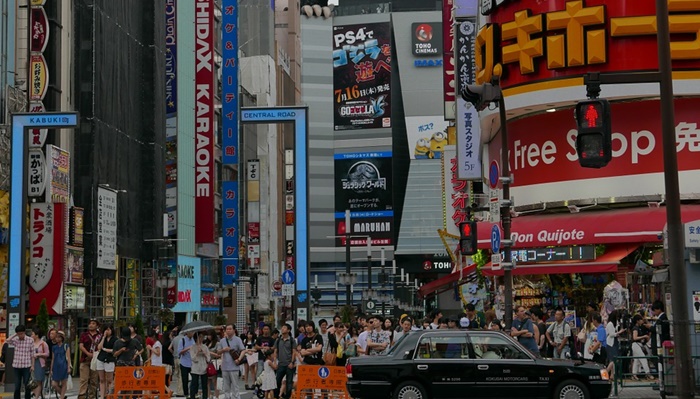Gaming analysts have said for years that Japan is in a great position to benefit from the legalization of the casino industry there, and in what seems more like déjà vu than news, the country is preparing yet again for another push to make legalization a reality.
The Financial Times reported on Tuesday that this week in Tokyo a committee of Japanese legislators is meeting to discuss the integrated resort (IR) proposal, which in the past has met with a wall of resistance from the ruling Liberal Democratic party’s Komeito coalition partner. This Friday, the parliamentary affairs committee will decide on the legislative agenda for the extraordinary Diet session which commences later this month.
Having begun late in the 1990’s, the push for casino legislation came close to fruition in 2014, however, this time, it would appear that there is a greater sense of urgency in what could be the last opportunity for Prime Minister Shinzo Abe to pass the landmark IR promotion bill before the 2020 Tokyo Olympics. Time is of the essence, as the extraordinary session only runs from September to late November. The session’s agenda, in addition to labor market reform proposals, is likely to include a debate regarding the bill that would set the casino legalization process in motion.
While there is no guarantee that the legislation will receive enough support to move forward, proponents of the IR bill gained another ally, when in July the first female governor of Toyko, Yuriko Koike, was elected, increasing the Liberal Democratic Party’s majority in the Diet. However, expectations were tempered this week, when CLSA analyst Jay Defibaugh issued a note on Tuesday placing a “less than 50 per cent chance that the first stage integrated resorts promotion bill will be passed during the extraordinary Diet session,” according to the news agency. Defibaugh said that beyond the expected political obstructions, the biggest hurdle to casino legalization could be time.
Analysts say that if the legislation is delayed past the session ending in November, it could descend further on the agenda as the country prepares for the 2020 Olympics. Proponents of the IR bill want to speed up legislation so that the process of building Japan’s first ever casino resort can begin by 2023. Proponents had hoped that development could begin in either 2019 or the following year, in time to capitalize on the anticipated influx of tourists expected from the Olympics.
The extraordinary session was described by Takashi Kis, chief executive of the Tokyo-based International Casino Institute, as “kind of a last chance to have this discussion for a while,” and added that after the year-long window to secure legalization, “even though Mr Abe is pro-casino, he is going to start discussing constitutional change and that debate could last forever.”
So far, the two top contenders for the Osaka and Tokyo licenses are Japanese billionaire and gaming mogul Kazuo Okada’s Universal Entertainment and Sega Sammy. Paradise City in Incheon, South Korea is currently being developed by the latter, while the former is developing the Okada Manila resort in the Philippines.



